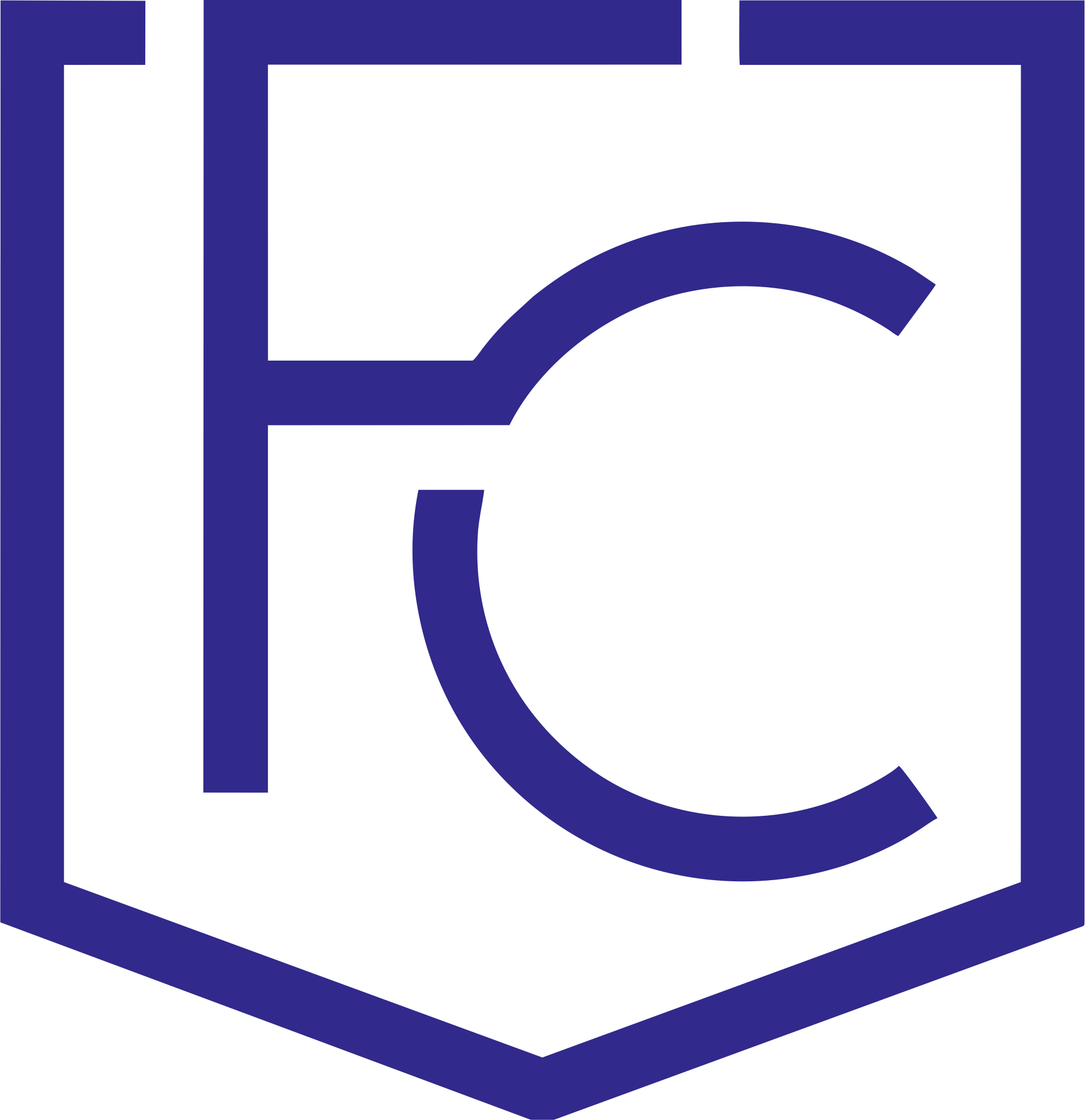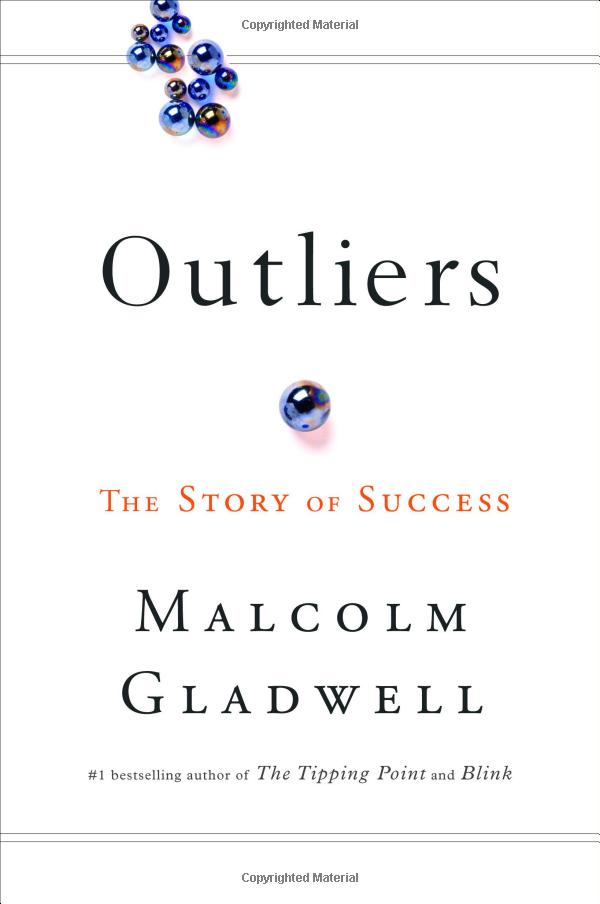Surgeon Coaching

I want to highlight this article from Dr. Jeffery Smith: Surgeon Coaching: Why and How. Dr. Smith proposes some vital elements to establishing a surgeon coaching program. These are not limited to surgical departments, so I would highlight a few of them and give my thoughts.
Creating Buy-In from Stakeholders
Buy-in is critical. Executive leaders will often have executive coaching included in their compensation package. As physician leaders increase the scope and scale of their influence, some opportunities will come up to participate in various leadership development programs (LDP). These can be incredible opportunities but should be different from one-on-one coaching.
Establish Goals
Coaching faculty is an investment. While we typically don’t think about a pro forma for professional development, we should establish program goals. Specific goals include time-to-promotion, faculty retention, publication rate, etc.
Budget
Your coaching program and leverage internal or external coaches. Be aware that internal coaching may be sunk costs but are not free. Additionally, not on faculty members may be interested in coaching, and some faculty may not be comfortable sharing aspects of their work with internal coaching. Faculty Coaching is happy to provide external coaching to your department.
Voluntary Participation is the Best Start
Start a program and show value. That is the recipe for successfully coaching relationships. That may start as a pilot with a single faculty member or small group. As your program grows, consider carefully before making any sessions mandatory.
We would love to chat if you want to learn more about our individual coaching or coaching for departments. If you have other articles we should check out, please send them. Thanks!


